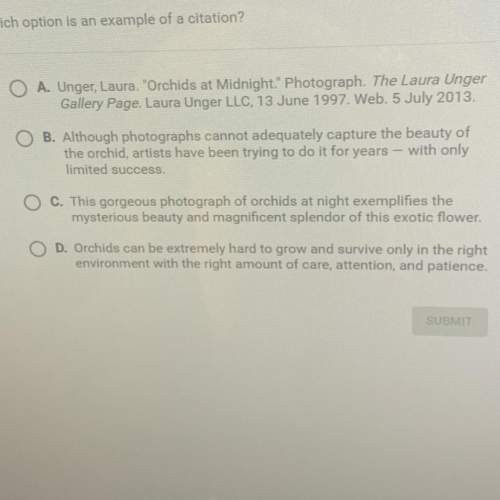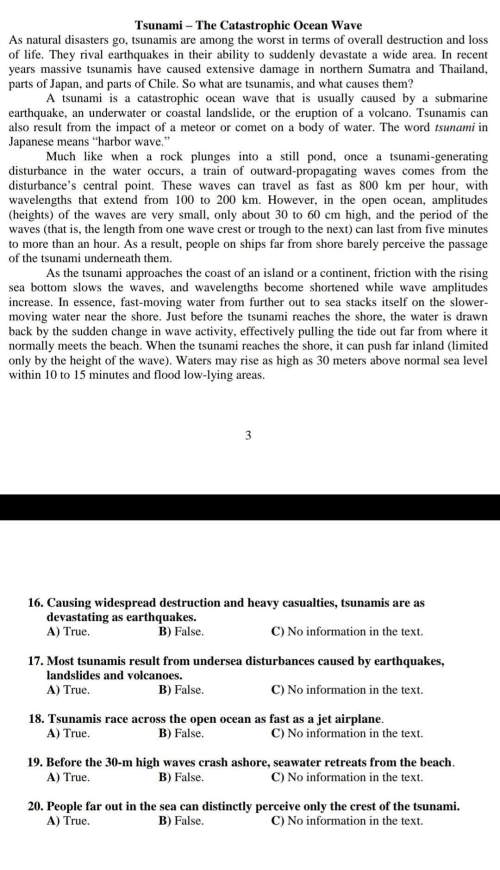Read the two passages from sugar changed the world.
knowing that their slaves were likel...

English, 30.10.2019 19:31, taytay1828
Read the two passages from sugar changed the world.
knowing that their slaves were likely to die by the time they reached their thirties, louisiana sugar planters were extremely selective—they bought only healthy-looking young men in their late teens. on average, the men purchased in louisiana were an inch taller than the people bought in the other slave states. those teenagers made up seven to eight out of every ten slaves brought to america's sugar hell. the others were younger teenage girls, around fifteen to sixteen years old. their job, for the rest of their short lives, was to have children. elizabeth ross hite knew that, for sure, "all de master wanted was fo' dem wimmen to hav children." enslaved children would be put to work or sold. the overseer s. b. raby explained, "rachel had a 'fine boy' last sunday. our crop of negroes will i think make up any deficiencies there may be in the cane crop." that is, a master could sell any slaves who managed to live, if he needed more money than he could make from sugar.
jazz was born in louisiana. could it be that a population of teenagers, almost all of them male, were inspired to develop their own music as a way to speak, to compete, to announce who they were to the world? bomba in puerto rico, maculelê in brazil, jazz in louisiana—all gave people a chance to be alive, to be human, to have ideas, and dreams, and passions when their owners claimed they were just cogs in machinery built to produce sugar.
the sugar workers in hawaii were not enslaved—they chose to come. but they still lived hard lives:
hawai'i, hawai'i
i came seeing the dream
but my tears now flow
in the canefields
when the africans were brought to work in sugar, they had to form new families, learn new languages—they had to find ways to blend their new lives with what they recalled from their homelands. the holehole bushi hint at one way sugar workers have always found strength and comfort:
my husband cuts the cane
i carry the stalks from the field
together, the two of us
we get by
explain in 1-2 paragraphs what claim is being made in both passages and use textual evidence from both passages to support your claim. use correct grammar, usage, and mechanics when writing and the r. a.c. e. method to write your response. make sure that you use mla formatting.

Answers: 2
Similar questions

English, 23.09.2019 04:30, zitterkoph
Answers: 2

English, 23.09.2019 18:20, Wolfman2004
Answers: 1

English, 27.09.2019 08:10, fernn2133
Answers: 1

English, 04.10.2019 21:20, kibyrd14
Answers: 2
Do you know the correct answer?
Questions in other subjects:


















